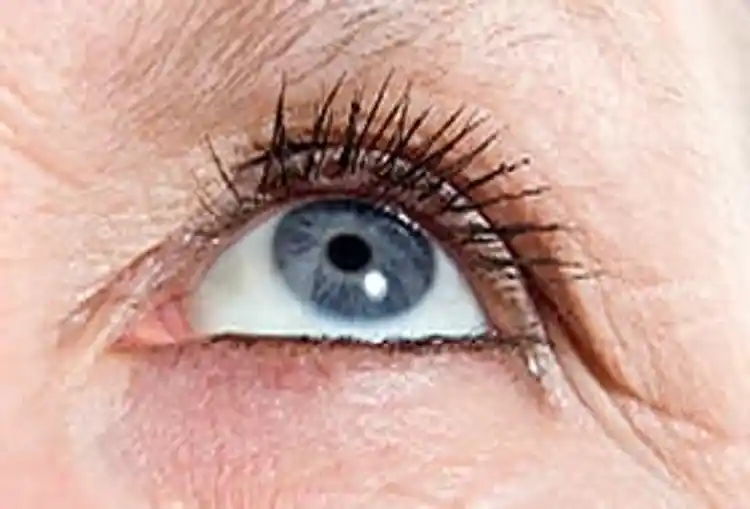Is Cosmetic Surgery for You?

Hide Video Transcript
Video Transcript
Narrator
What patients would you turn away? Robert Kotler, MD
I can tell you in our practice here, 20 percent of the people that come in are told either that it's not appropriate to do or what they have is so unusual, complex or whatever that they would best be served at least by a consultation with another specialist. Body dysmorphic disorder is a very well recognized condition where the patient's mind doesn't really reflect what their appearance is. They always think that they are not as good looking, not as young. They are unhappy with their appearance and despite having often very nice and appropriate procedures, they want more. They want something different. Robert Kotler, MD (cont.)
Well frankly, in our training for example, we were trained by psychiatrists in interviewing, you know, how to interview, how to ask the question, how to get to it. Now sometimes it's not very hard, because you know, they come to us, and they are 38 years old, and they've had 3 face lifts already. But sometimes you've got to do a little more work. But generally you kind of get at the issues, because you look at them, and you listen and you get a sense and it just doesn't seem right. Robert Kotler, MD (cont.)
In other words, the patient's worries seem disproportional to how good they look to you. That's one condition that has to be sorted out. The other condition is someone who doesn't necessarily have the wrong view of their appearance, they just feel like they have to be up to the minute, and every year they just have to have something done to keep up with the Joneses almost. It's like a badge of honor or courage, that oh yes, I just had a face lift this year. But the problem with that is with each successive operation becomes more difficult, more fraught with hazard, and runs the risk of going over the edge of looking natural. Robert Kotler, MD (cont.)
We had a very high profile patient come in here, who I've known for 25 years. Although I've not operated on her, she was operated on by one of my teachers and that's when I first met her. And she came in and asked me about having the chemical peel, the chemical wrinkle removal process. Well I know that my teacher did that procedure on her many, many years ago. And again, it's a long lasting procedure. She certainly did not need it, so I advised against it and respectfully declined to take on the case. Robert Kotler, MD (cont.)
Well I saw her later and somehow, she had something else done. And I have to say, it wasn't very good. She looked wrong. She looked pulled. She looked strapped to the 747 look. And that, you can't disengage that. I mean that it's permanent. You can't reverse it. Bad decision by the patient, and by the way, bad decision by the doctor. The doctor has to be able to say no. 
